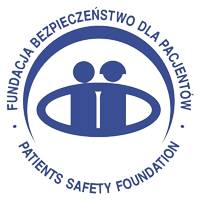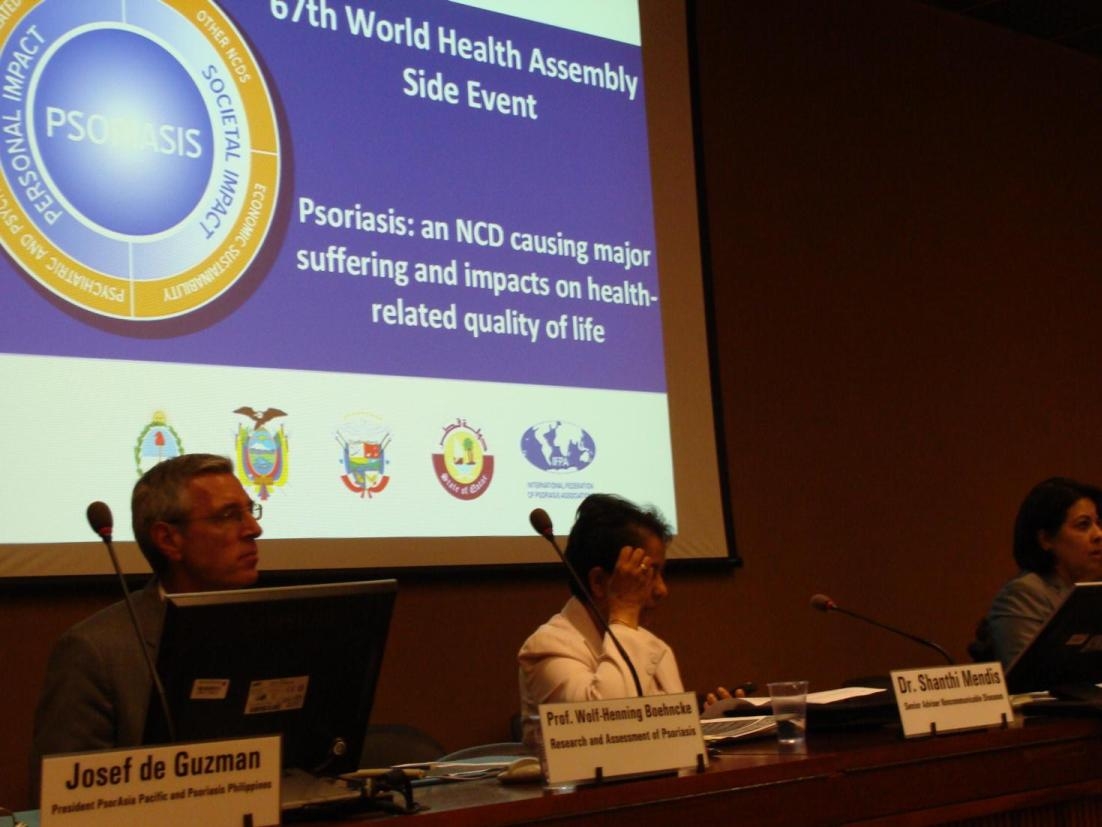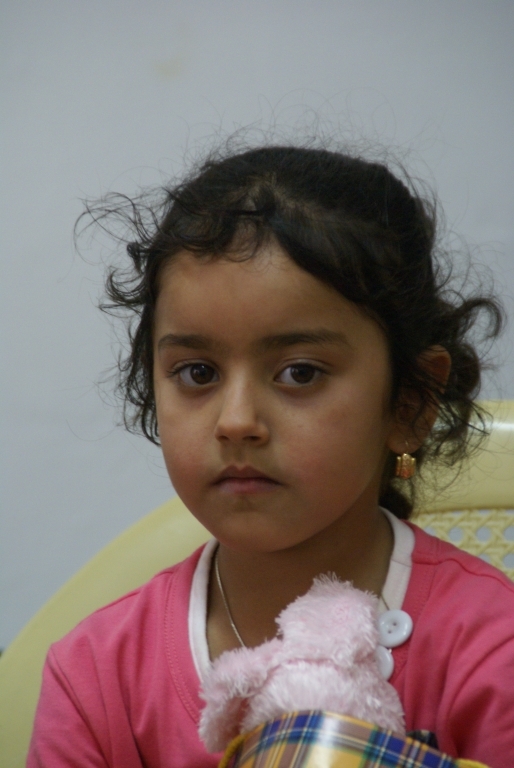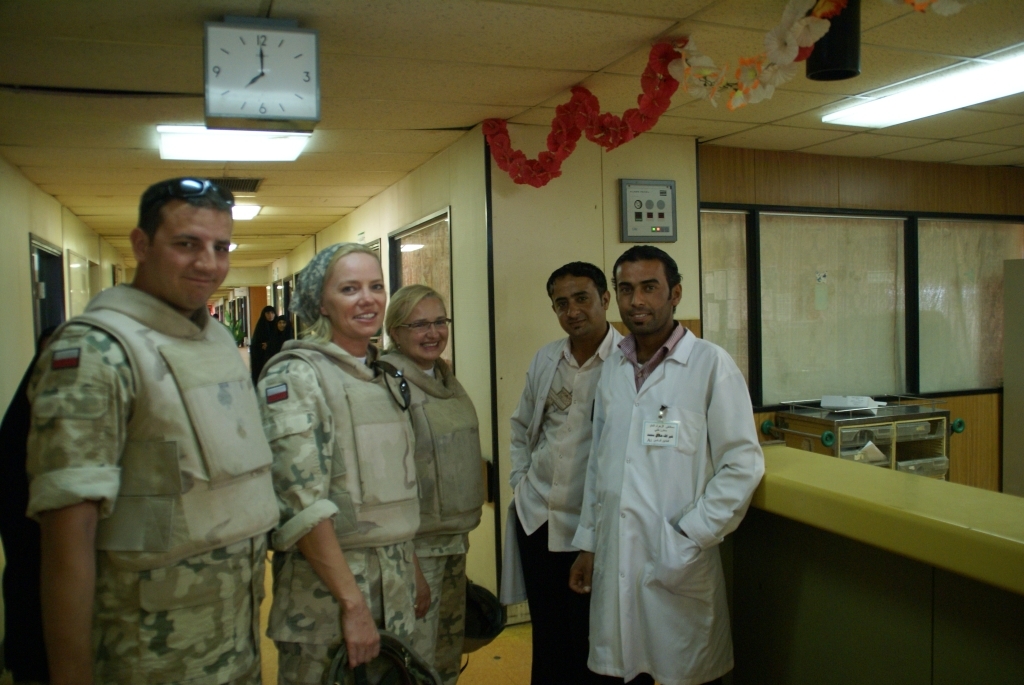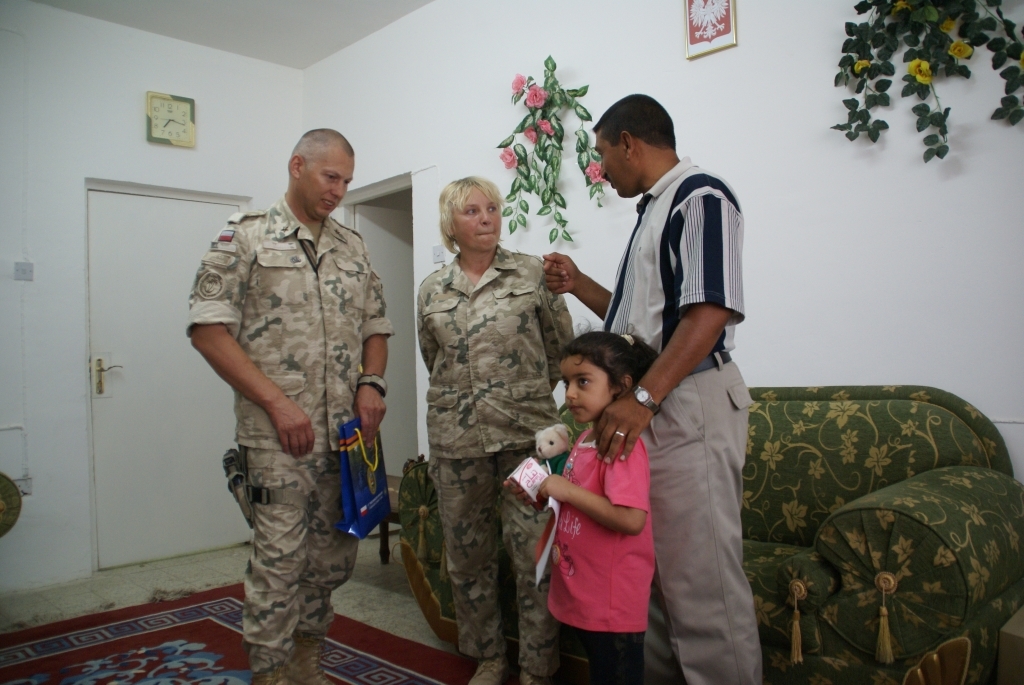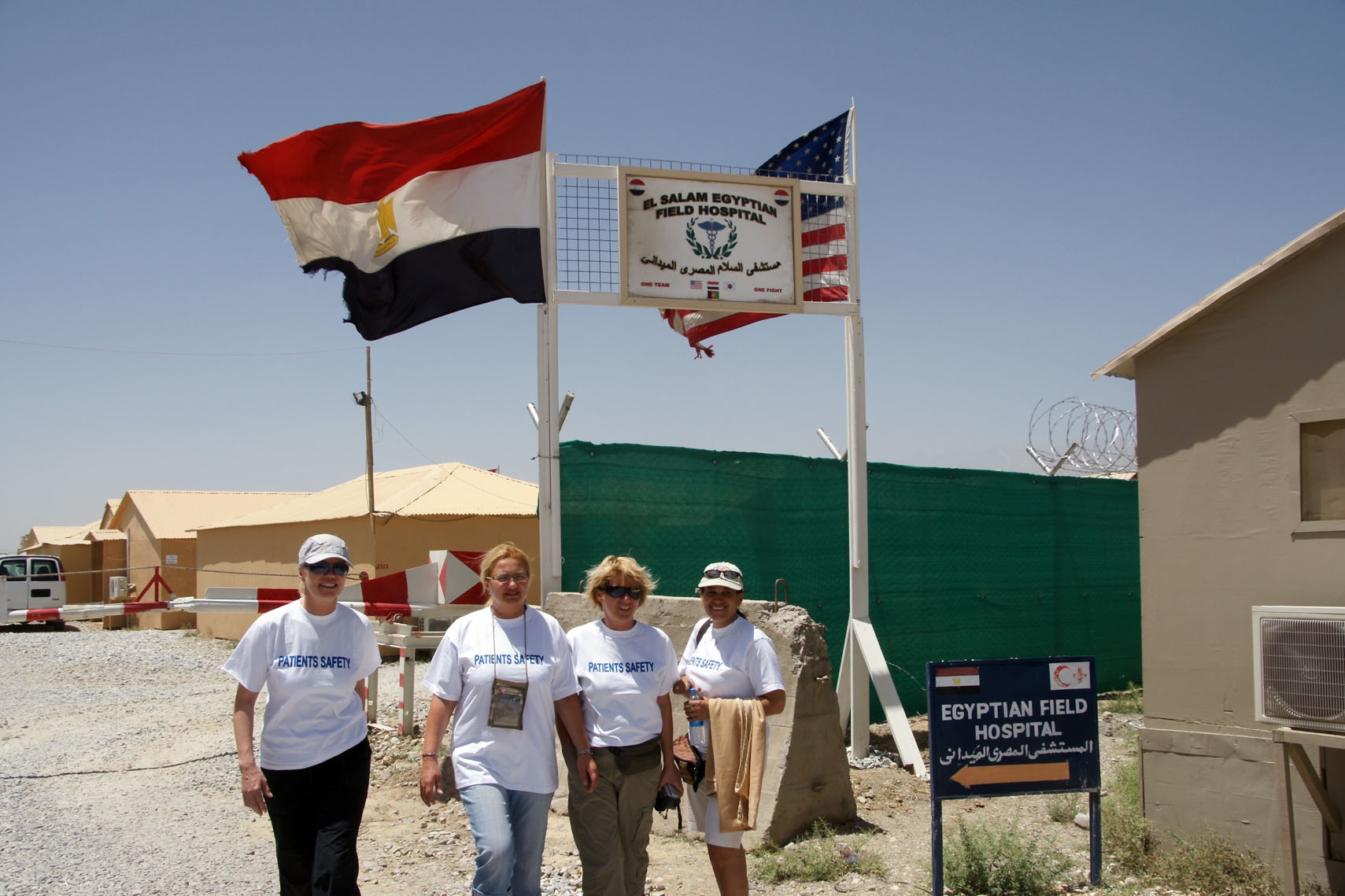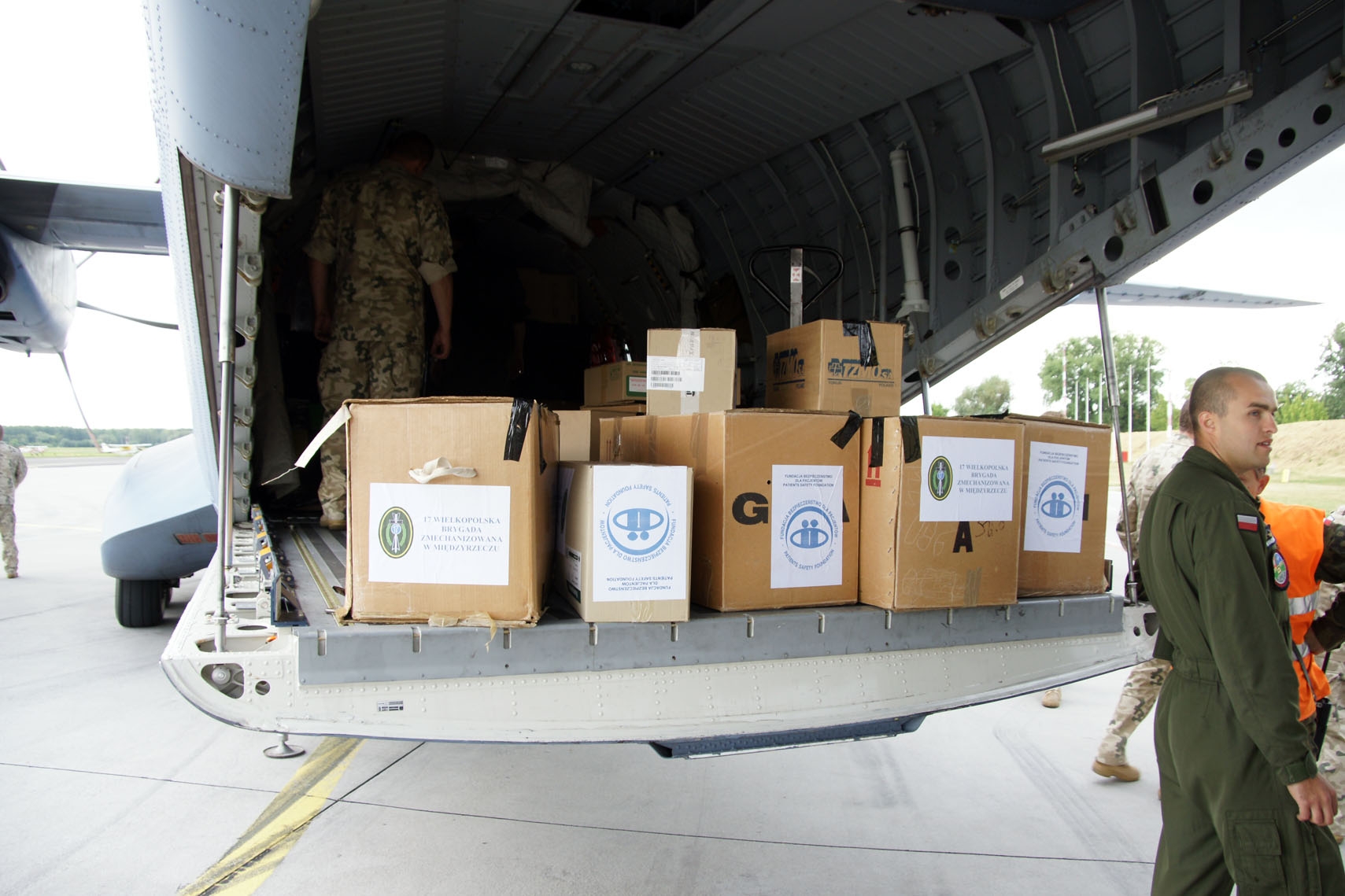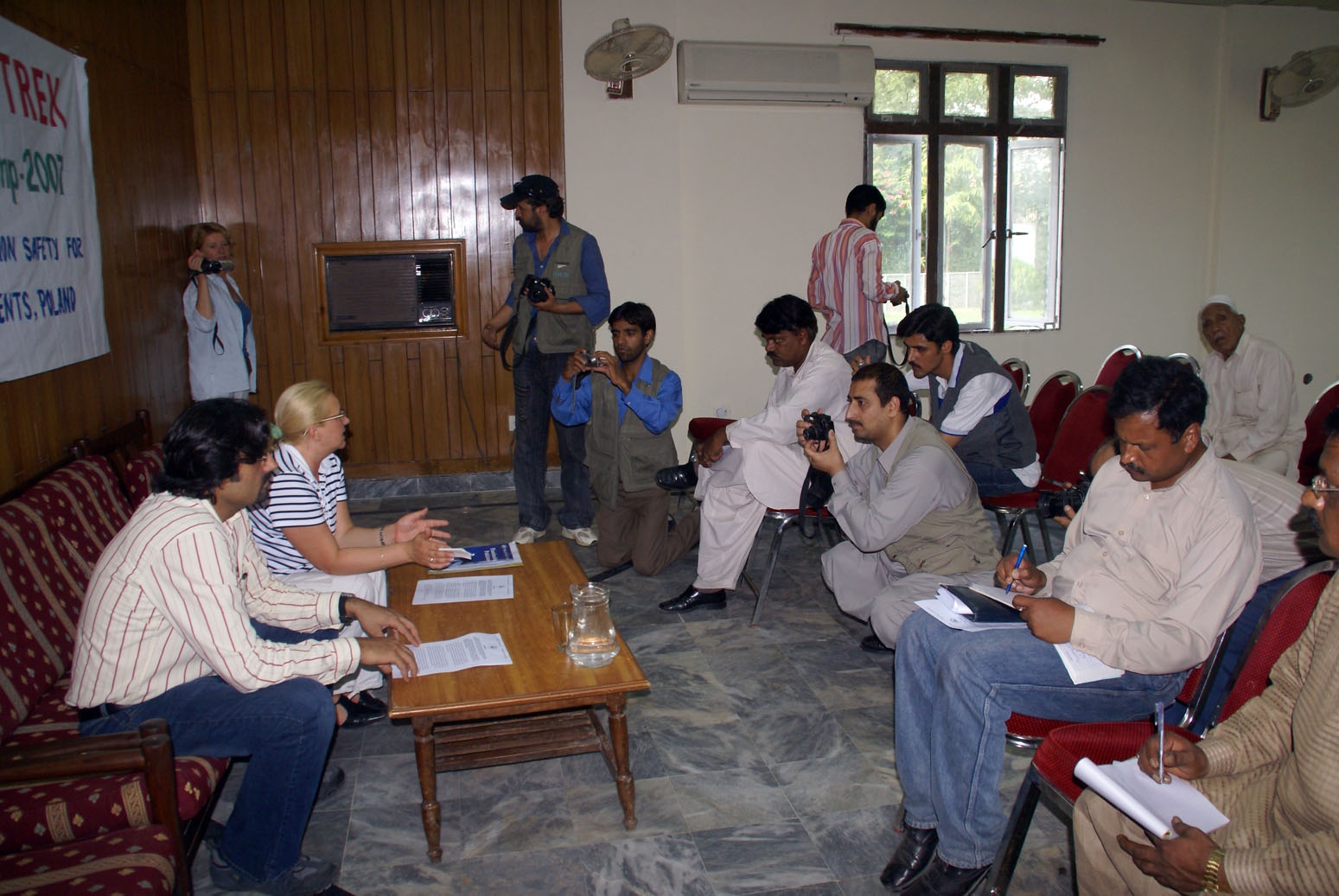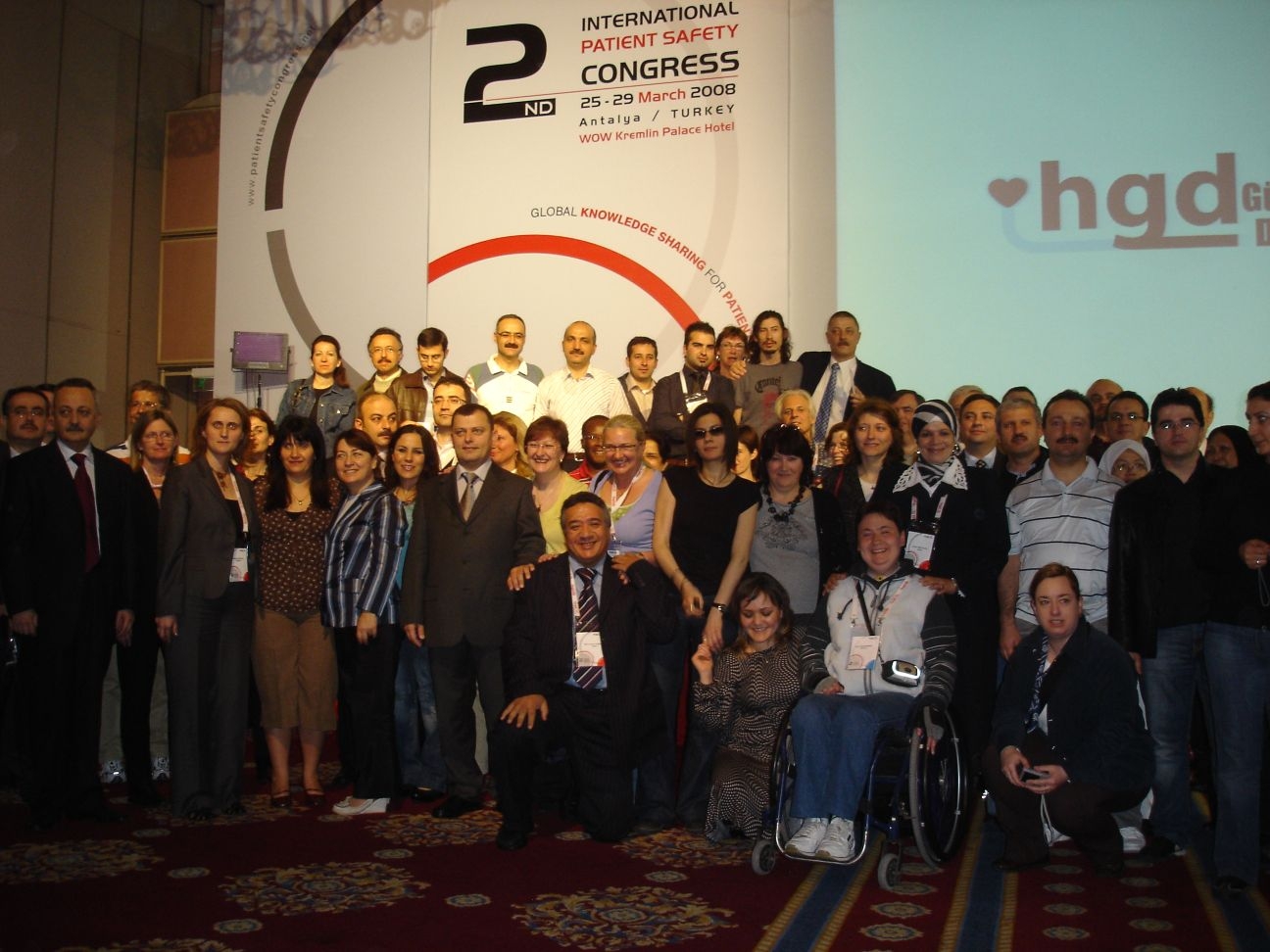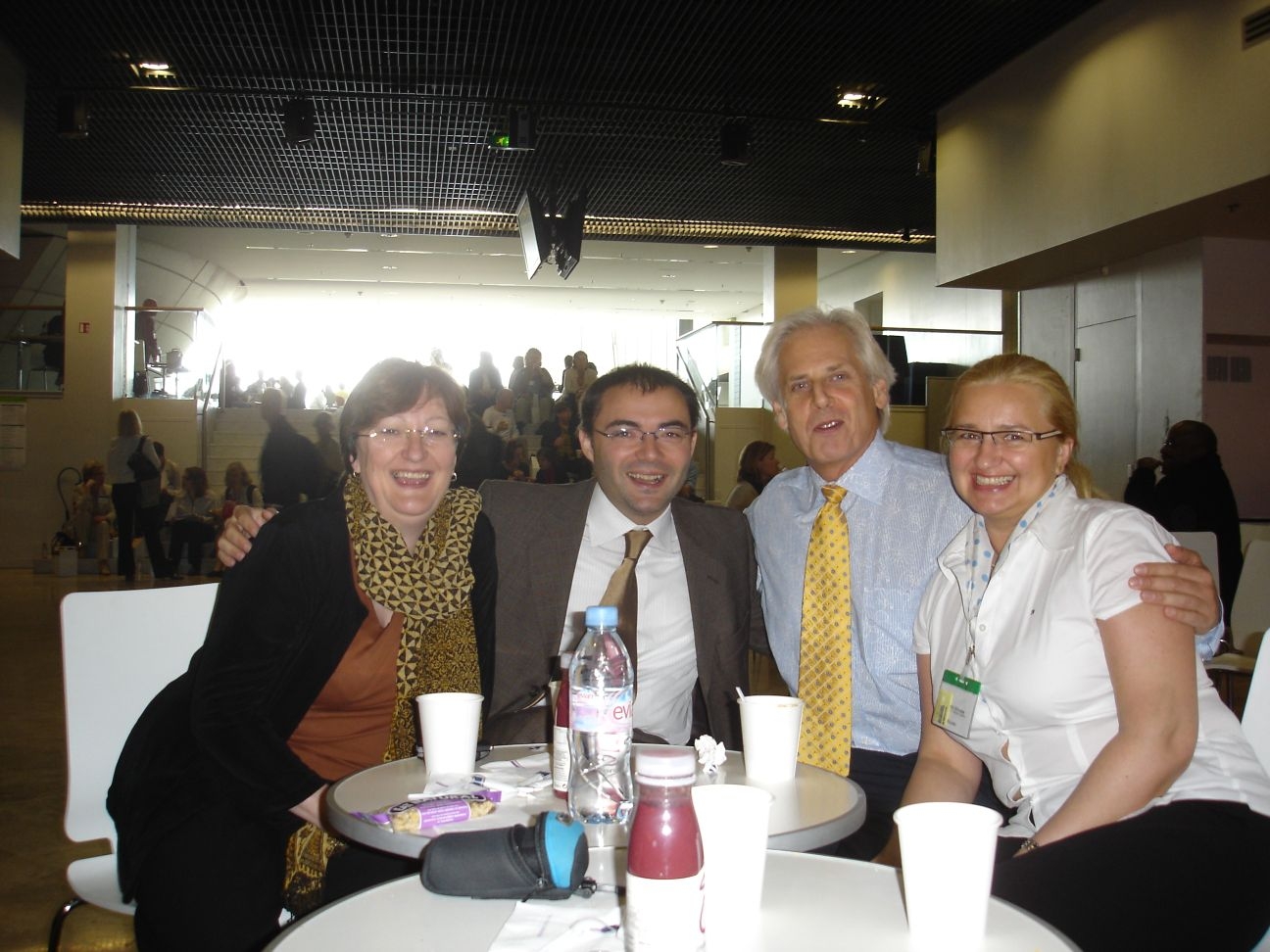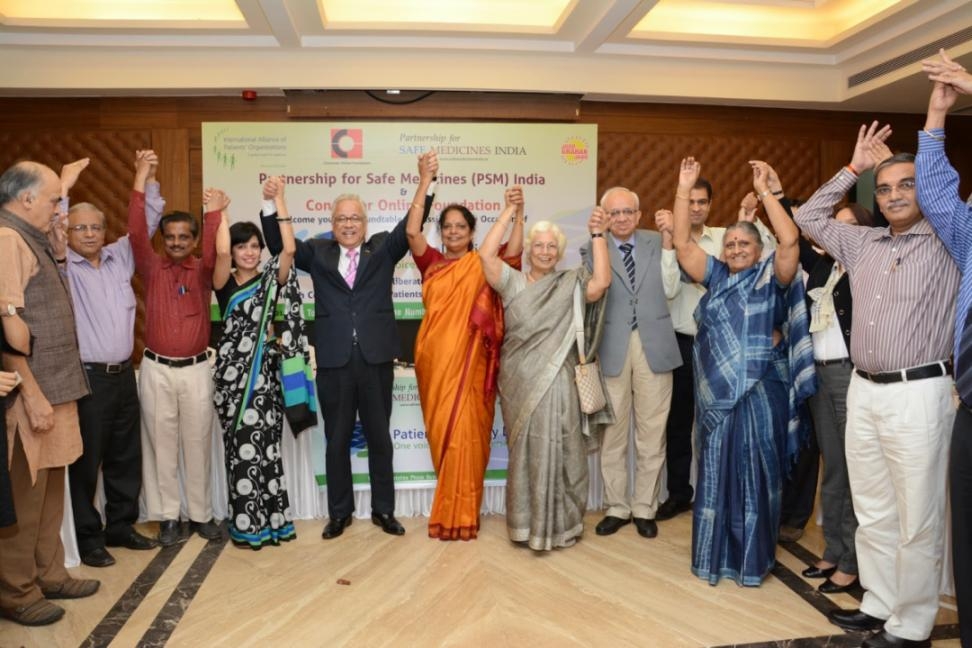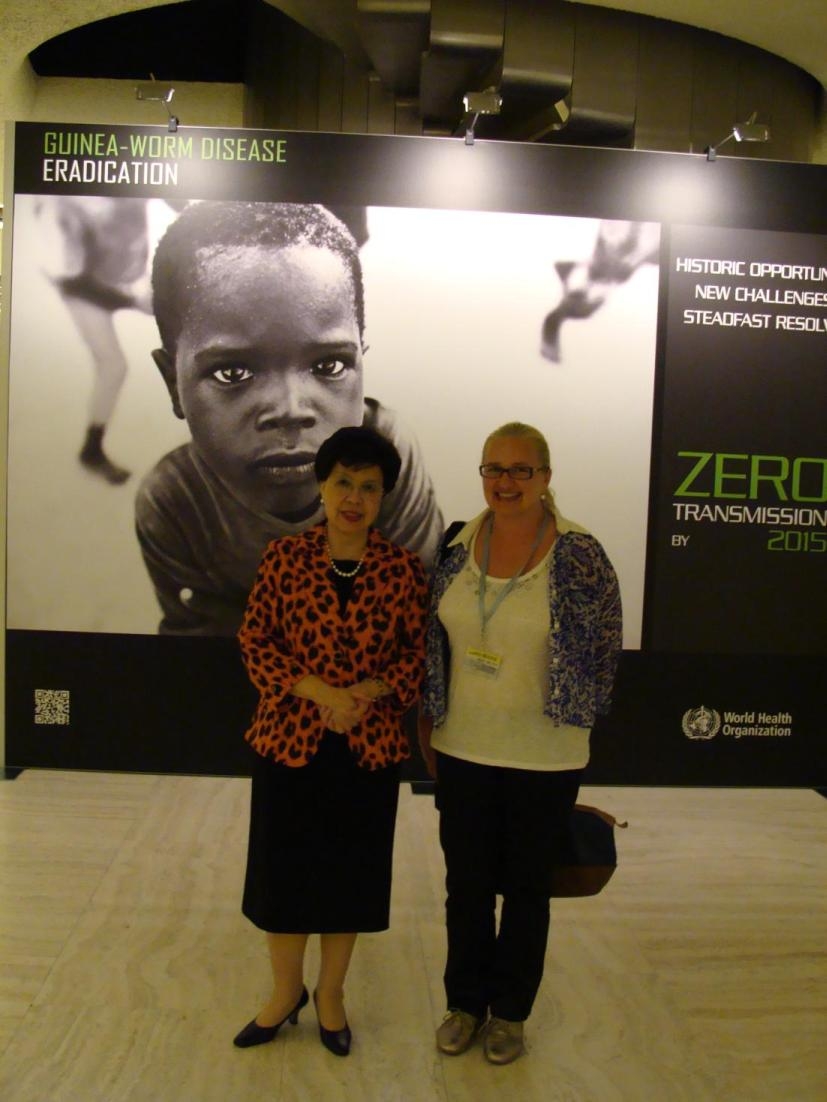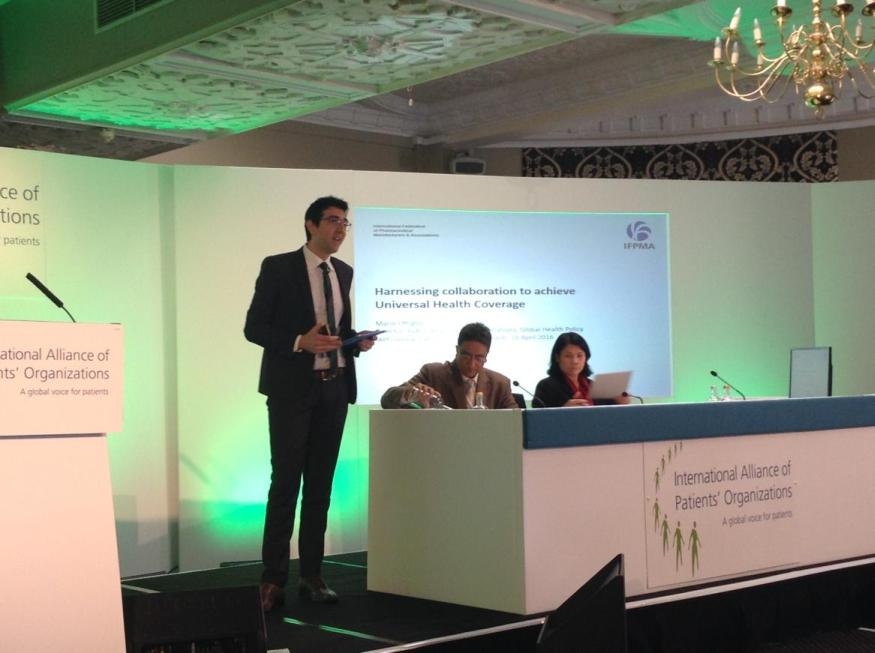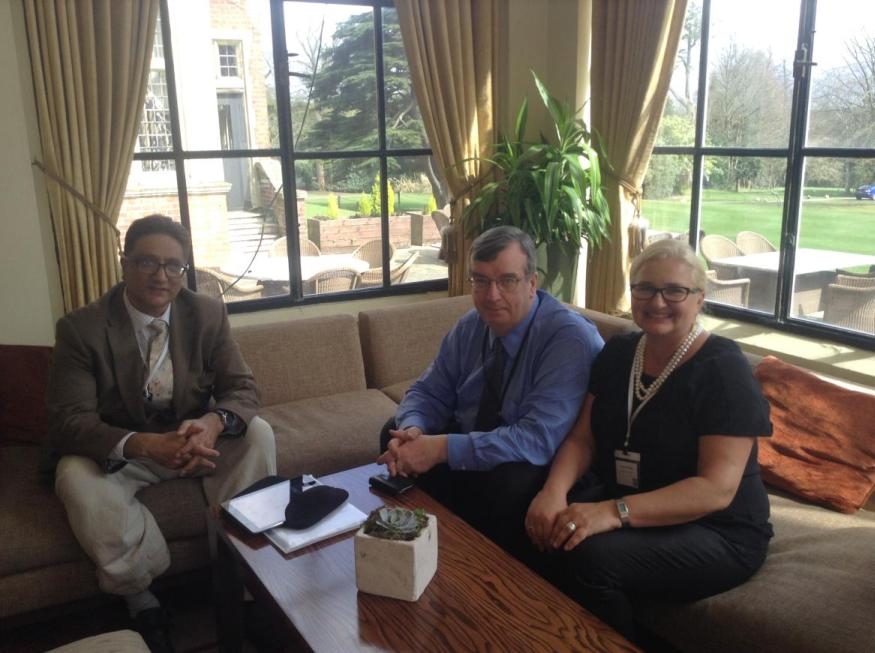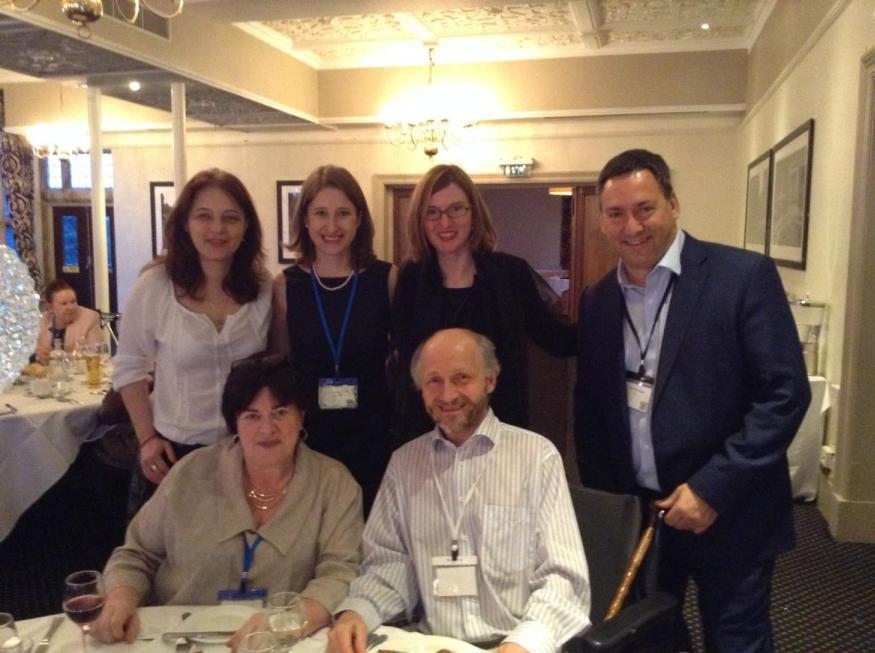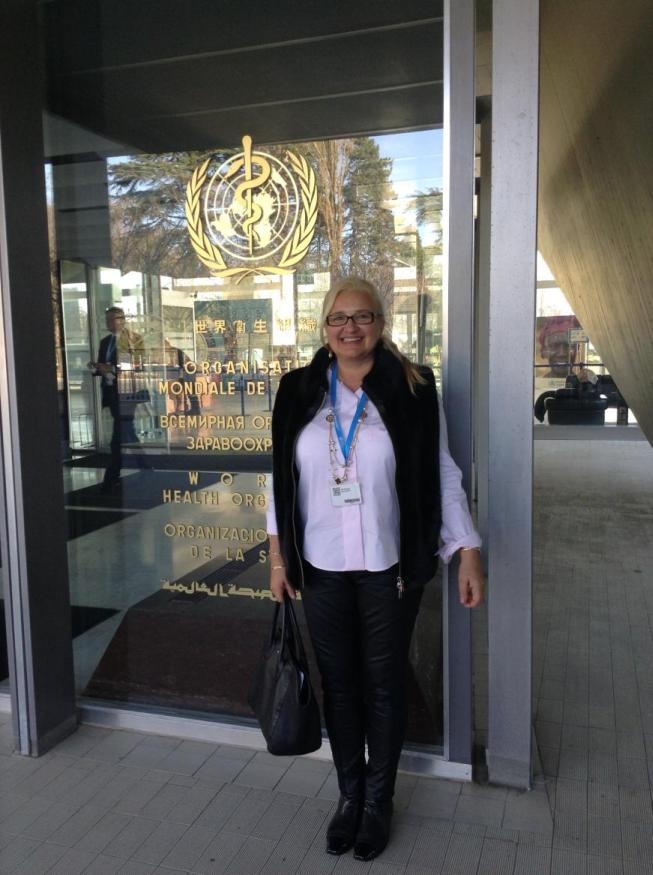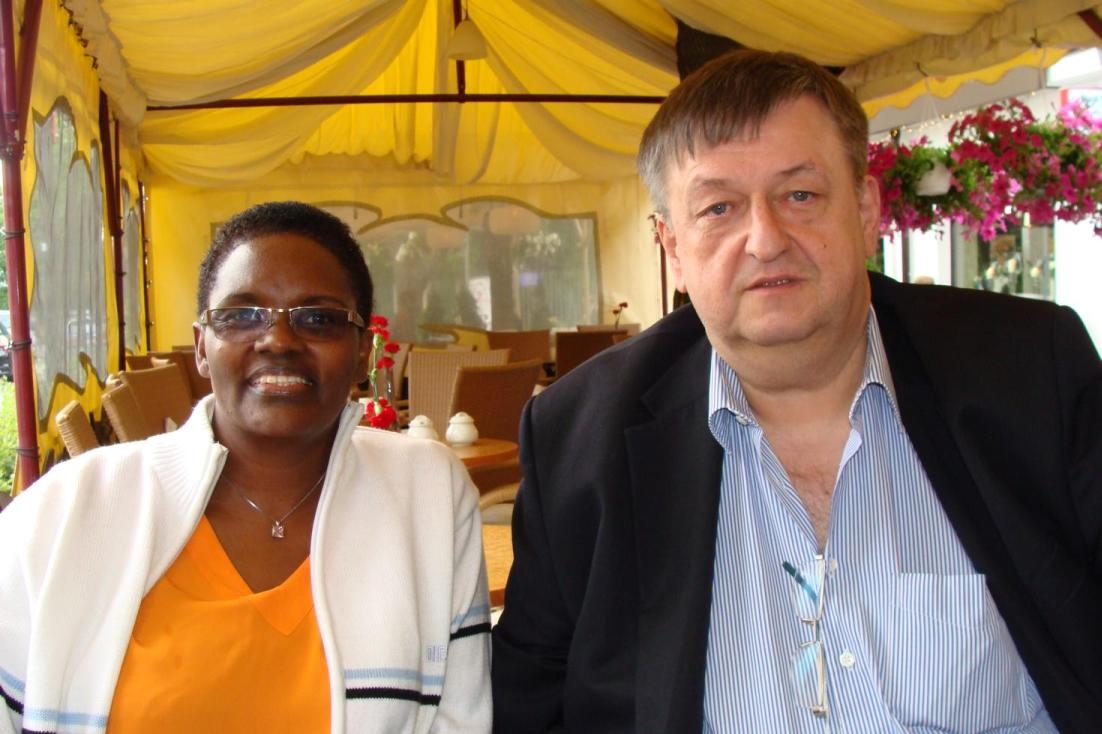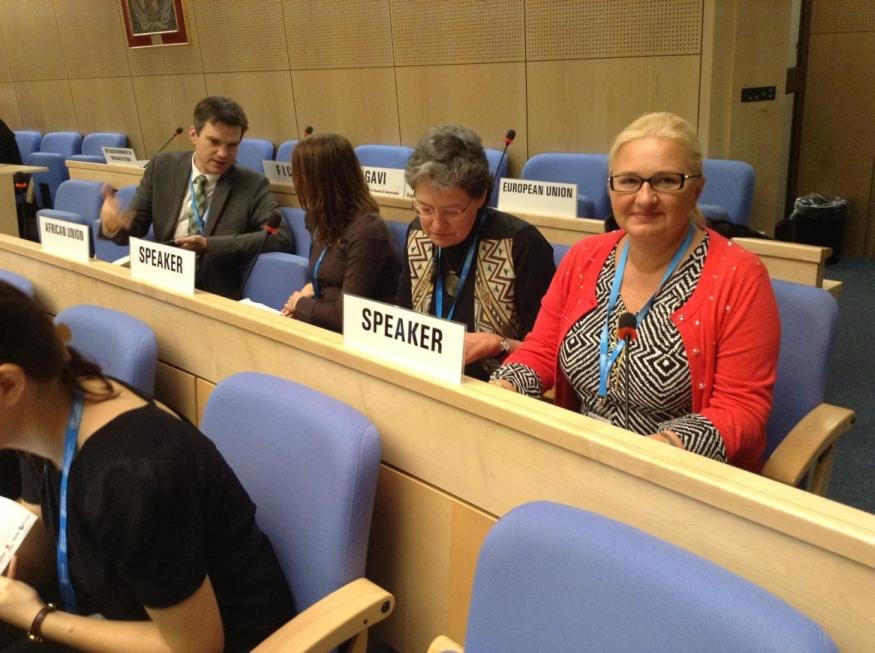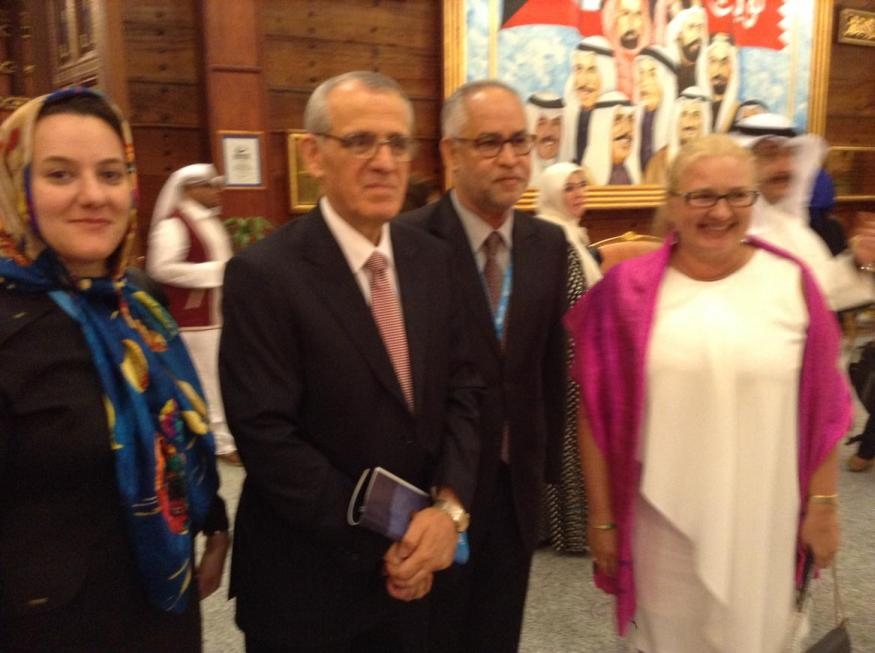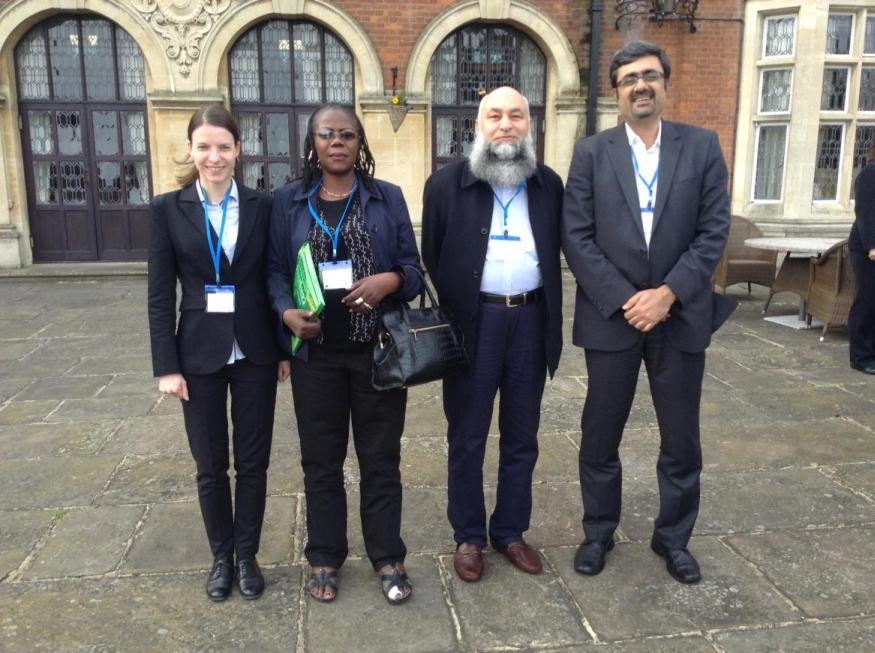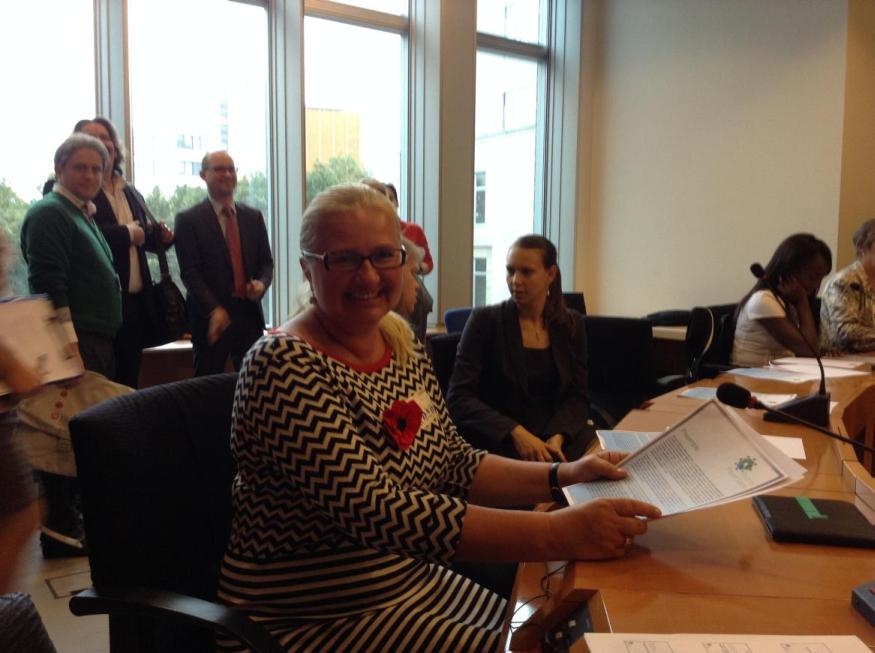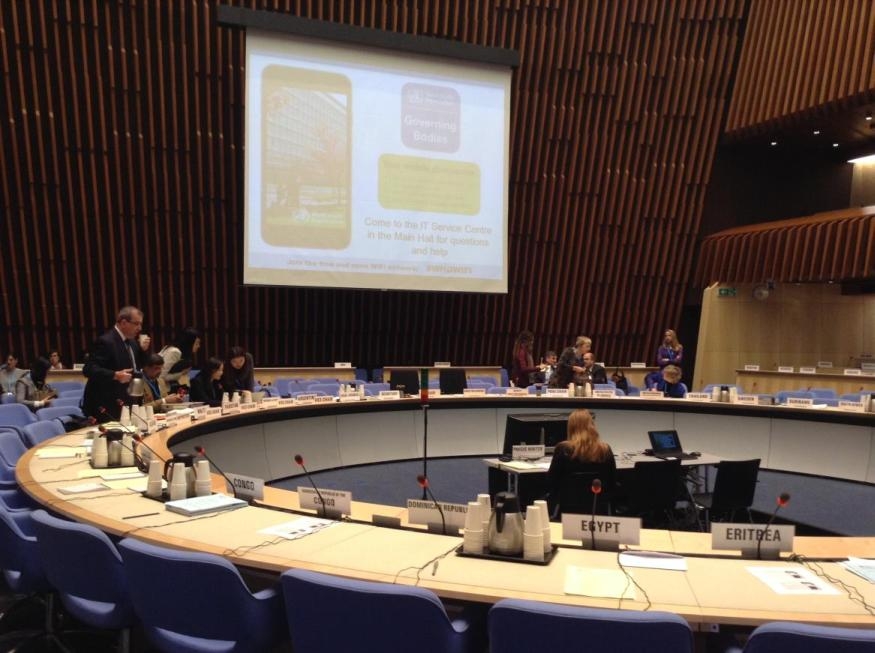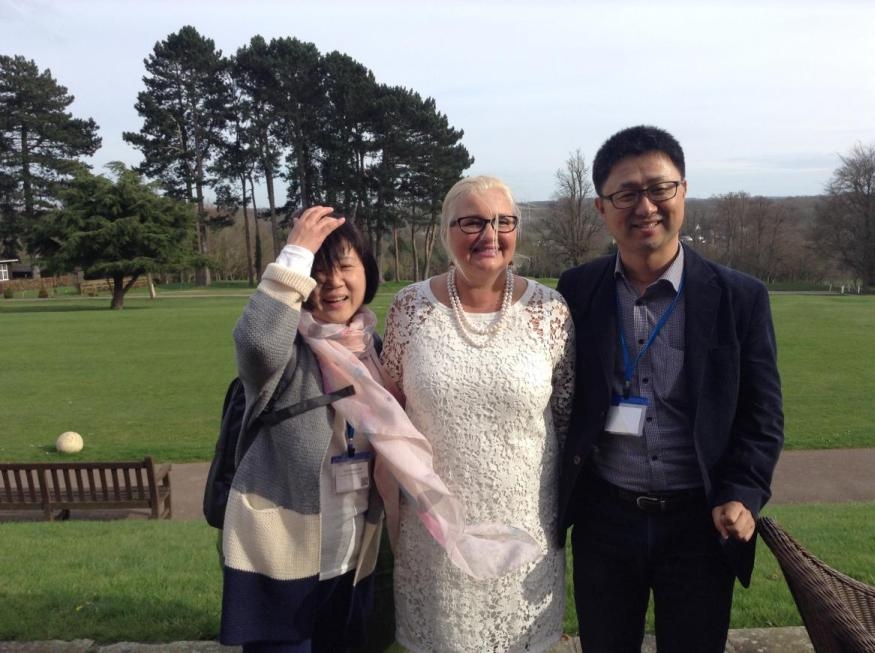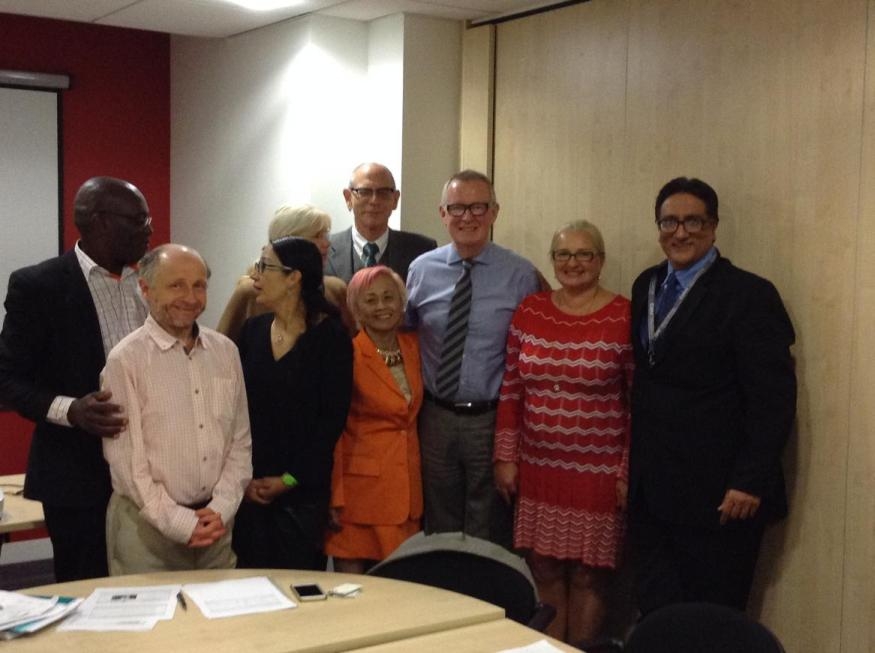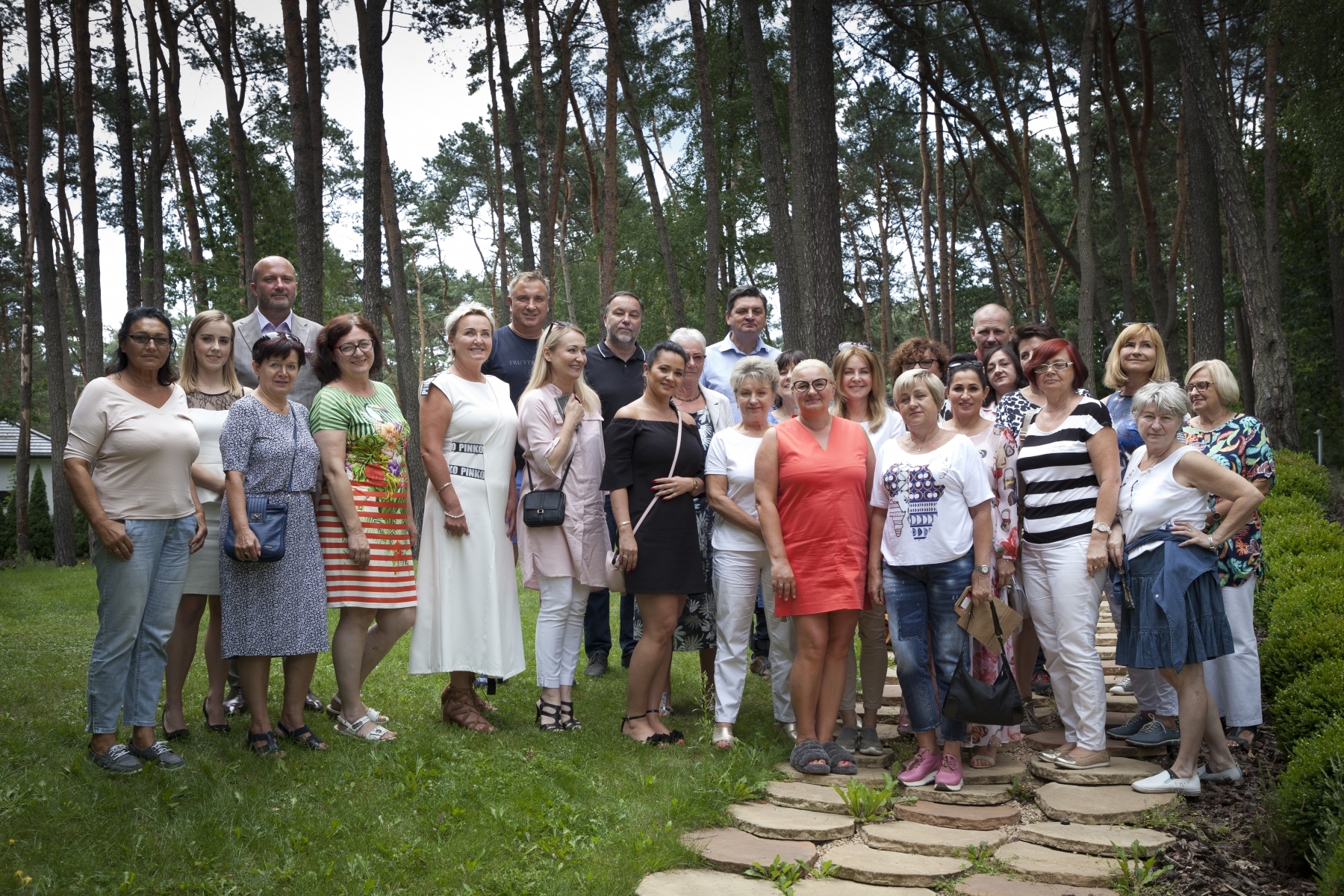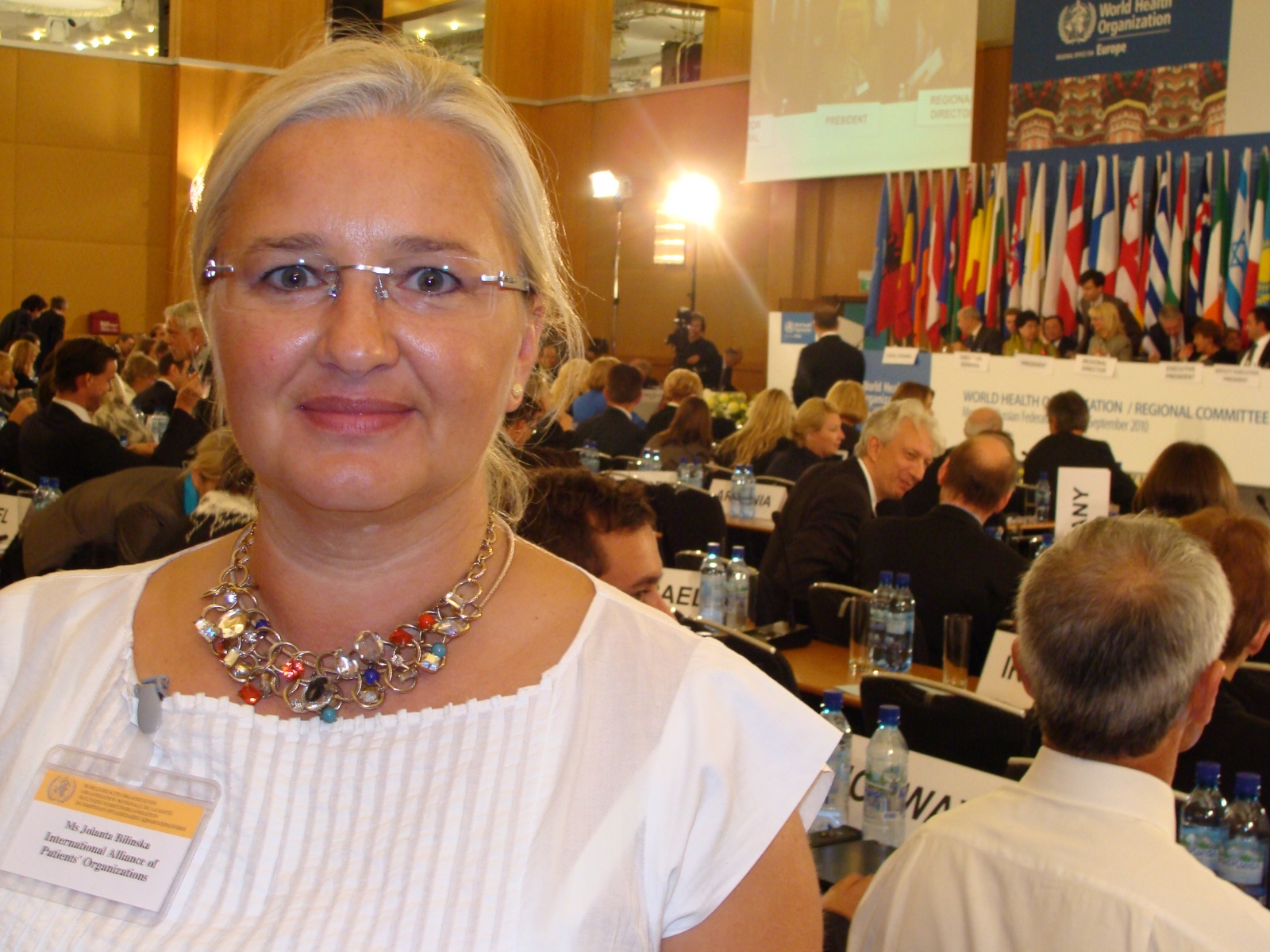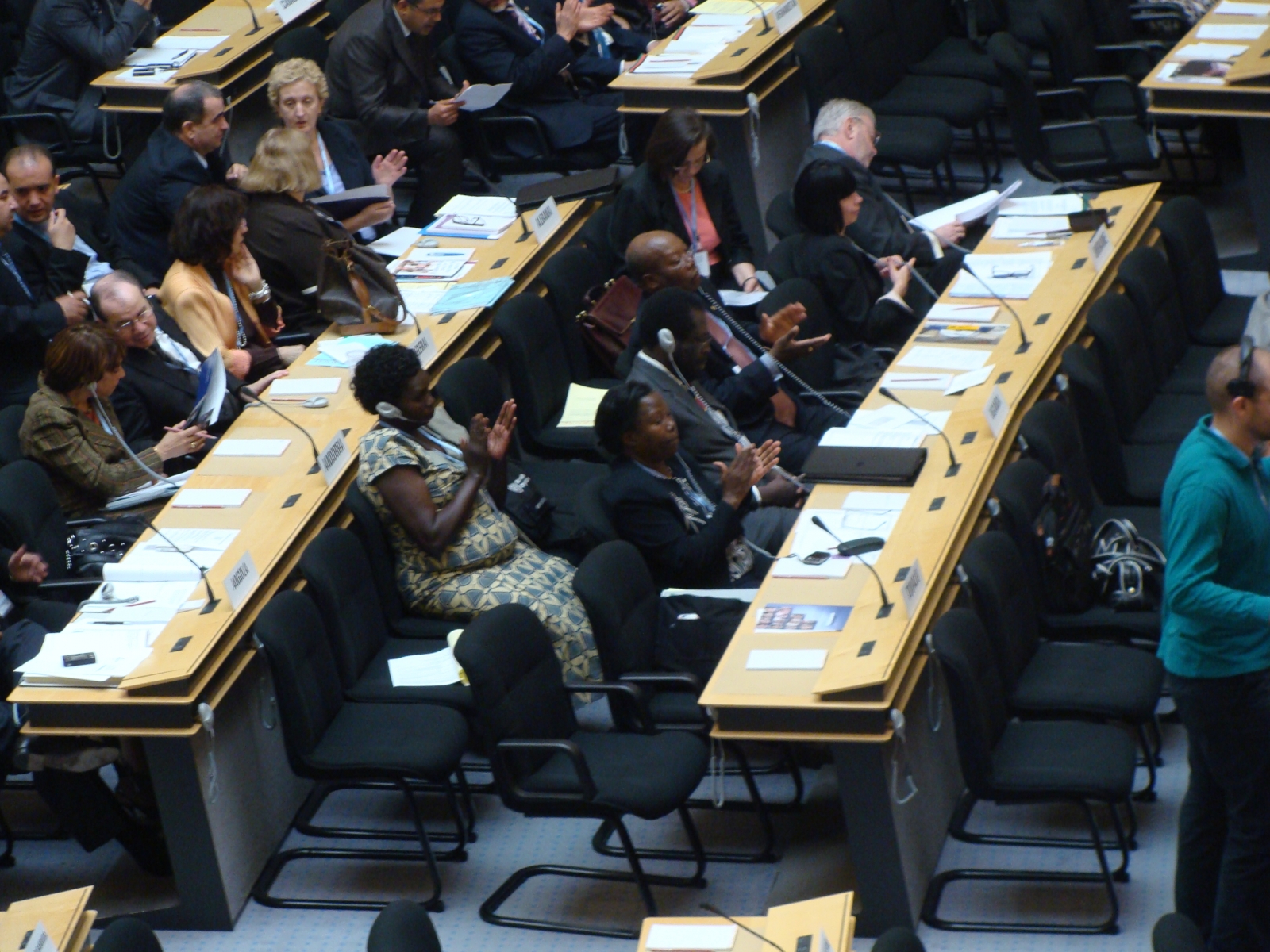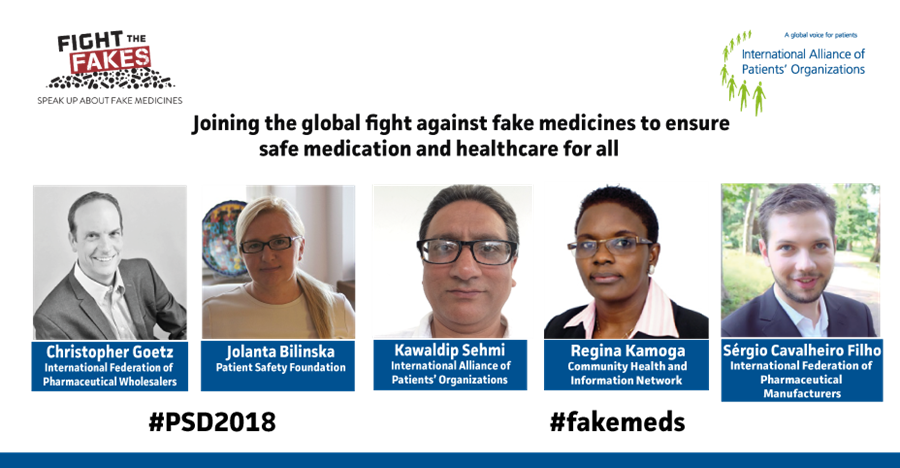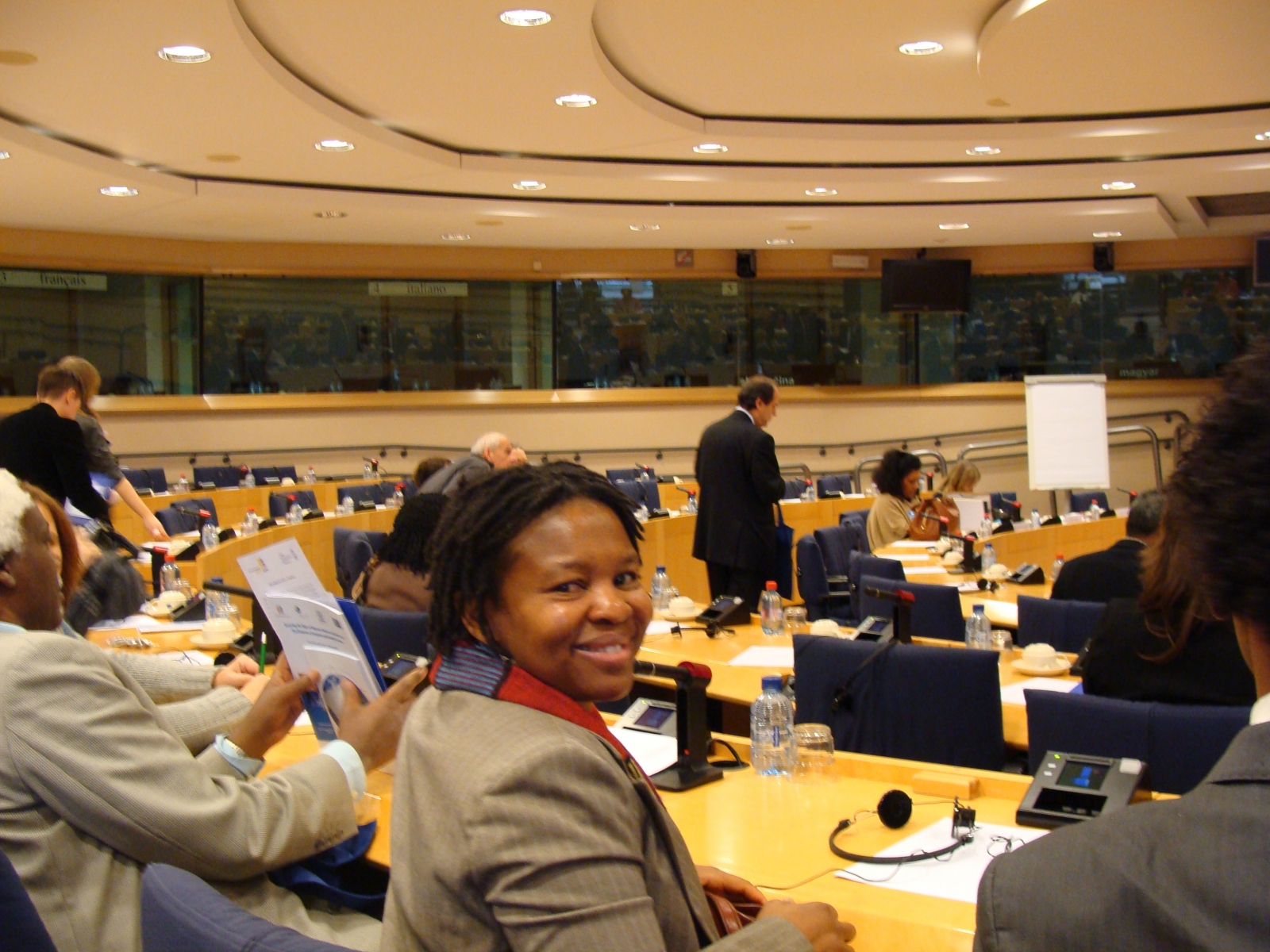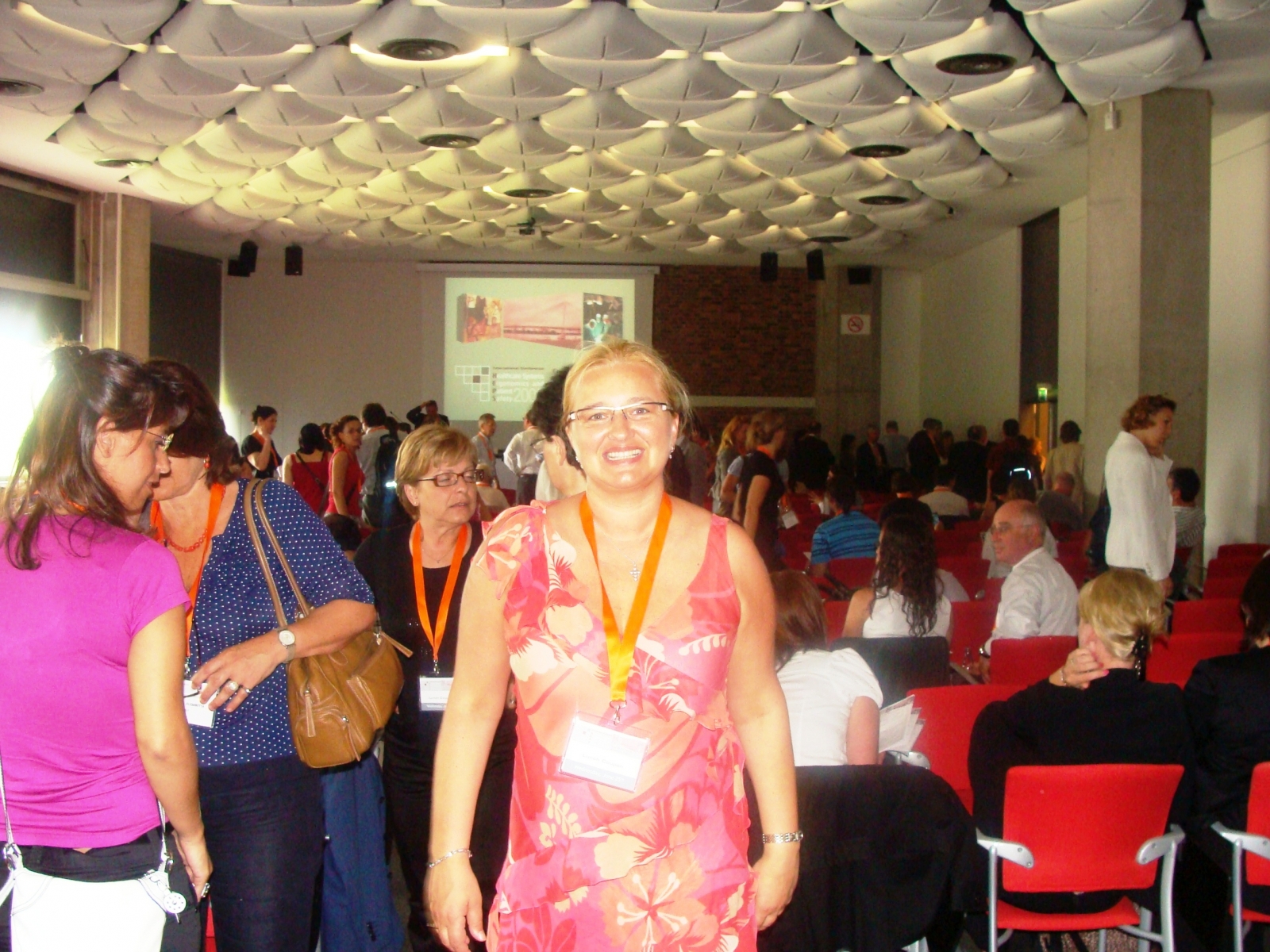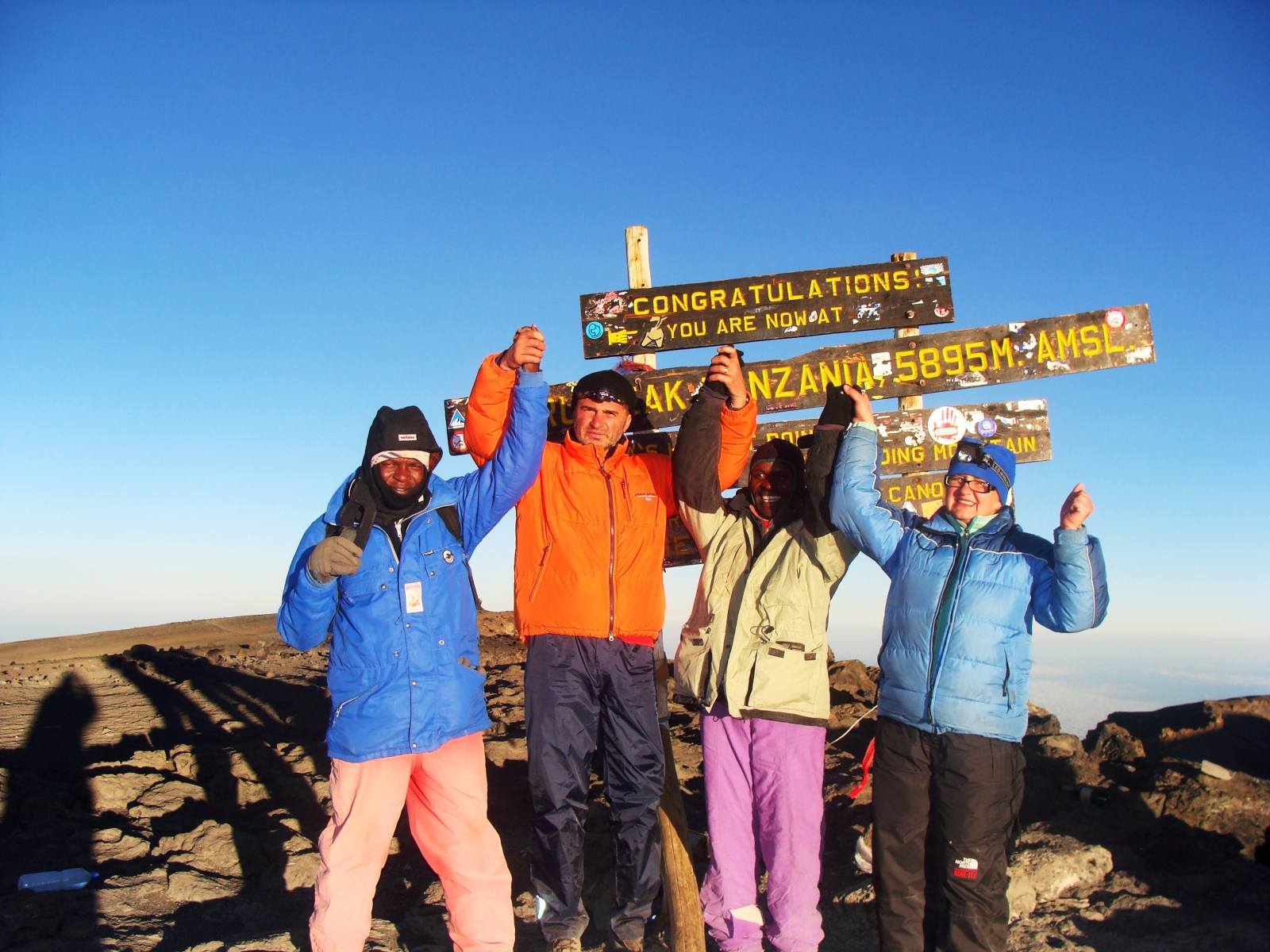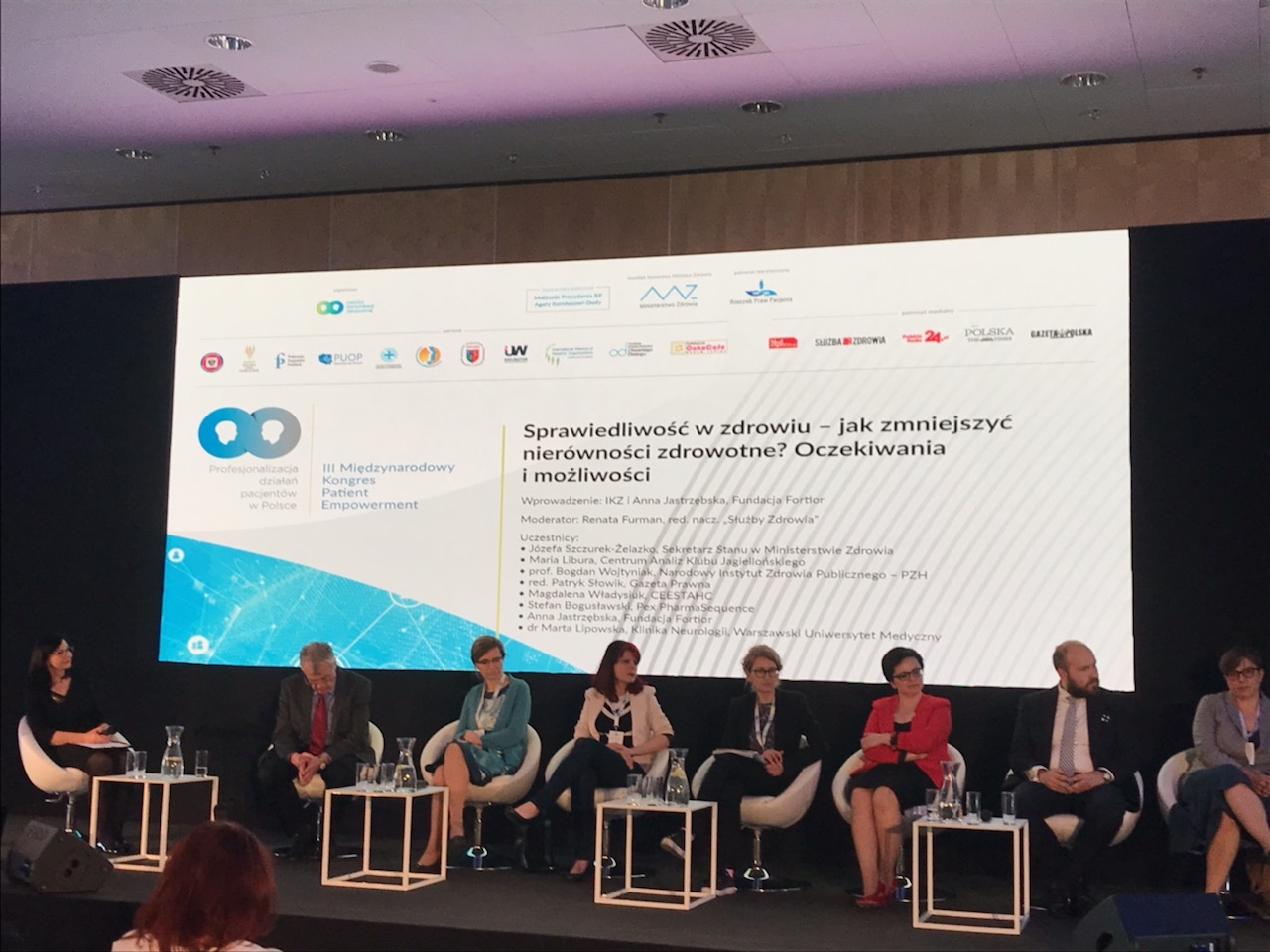4th session of the WHO Regional Committee for Europe
The 64th session of the WHO Regional Committee for Europe took place on 15–18 September 2014 in Copenhagen, Denmark. Delegations from the 53 Member States in the WHO European Region met to discuss and agree on issues relating to public health in the Region, as well as the management and organization of WHO/Europe. There were 40 NGO-s during RC this year. We had 2 statements (non-state actors and health 2020). There are also recoreded on video .

Royal Highness Crown Princess Mary of Denmark with Jolanta Bilinska, IAPO representative
Annual session of the WHO Regional Committee for Europe
Copenhagen, Denmark, 15–18 September 2014
Thursday, 11 September 2014
Press conference statement of Ms Zsuzsanna Jakab,
WHO Regional Director for Europe
Good morning and welcome to UN City.
Every year in September, our Regional Committee – WHO’s decision-making body for the
European Region – meets to discuss and take decisions on key public health matters. This
year, we will have more than 350 public health decision-makers from our 53 Member States.
We are expecting over 23 ministers of health from across the WHO European Region,
including from many countries in the European Union. Our Patron, Her Royal Highness
Crown Princess Mary of Denmark will address the Committee on Monday, 15 September.
Dr Margaret Chan, WHO’s Director-General, will also be here, as will many international
partners and stakeholders.
This is the first time that the event is being held in the new UN City in Copenhagen.
Together with our Member States, we have prepared a full and interesting agenda for this
four-day meeting. We will present the delegates with the progress report on the
implementation of the WHO European policy framework, Health 2020. The Committee
will review the achievements of Health 2020 since its launch in 2012 and how our Region is
tackling inequities in health through an effective whole-of-government and whole-of-society
approach. The report offers an analysis of the Region-wide advances in health and health
policy so far. It also defines our vision for the years to come, which is focused on ensuring
that all people have access to health services and on the principle of universal health coverage
– both are central to our interests and our efforts.
To support countries in their adoption and implementation of Health 2020, we will launch the
Health 2020 implementation package; this is a set of new tools that will exist as an online
resource for the use of any Member State. It includes communication tools, background
documents, services and other helpful resources.
Next on the agenda is our new five-year food and nutrition action plan. In this area, we are
addressing an extremely important issue: the issue of removing trans fats from the food
supply and reducing trans fat consumption among the population. This is one of the most
straightforward public health interventions for reducing the risk of cardiovascular diseases
and some cancers, and improving diets. More than 50% of adults in WHO European countries
are overweight or obese, and in several of those countries the rate is close to 70% and rising.
Obesity is responsible for 2–8% of health costs and 10–13% of deaths in different parts of the
Region. 11 September 2014, press conference statement
Annual session of the WHO Regional Committee for Europe
Copenhagen, Denmark, 15–18 September 2014
Thursday, 11 September 2014
Press conference statement of Ms Zsuzsanna Jakab,
WHO Regional Director for Europe
Good morning and welcome to UN City.
Every year in September, our Regional Committee – WHO’s decision-making body for the
European Region – meets to discuss and take decisions on key public health matters. This
year, we will have more than 350 public health decision-makers from our 53 Member States.
We are expecting over 23 ministers of health from across the WHO European Region,
including from many countries in the European Union. Our Patron, Her Royal Highness
Crown Princess Mary of Denmark will address the Committee on Monday, 15 September.
Dr Margaret Chan, WHO’s Director-General, will also be here, as will many international
partners and stakeholders.
This is the first time that the event is being held in the new UN City in Copenhagen.
Together with our Member States, we have prepared a full and interesting agenda for this
four-day meeting. We will present the delegates with the progress report on the
implementation of the WHO European policy framework, Health 2020. The Committee
will review the achievements of Health 2020 since its launch in 2012 and how our Region is
tackling inequities in health through an effective whole-of-government and whole-of-society
approach. The report offers an analysis of the Region-wide advances in health and health
policy so far. It also defines our vision for the years to come, which is focused on ensuring
that all people have access to health services and on the principle of universal health coverage
– both are central to our interests and our efforts.
To support countries in their adoption and implementation of Health 2020, we will launch the
Health 2020 implementation package; this is a set of new tools that will exist as an online
resource for the use of any Member State. It includes communication tools, background
documents, services and other helpful resources.
Next on the agenda is our new five-year food and nutrition action plan. In this area, we are
addressing an extremely important issue: the issue of removing trans fats from the food
supply and reducing trans fat consumption among the population. This is one of the most
straightforward public health interventions for reducing the risk of cardiovascular diseases
and some cancers, and improving diets. More than 50% of adults in WHO European countries
are overweight or obese, and in several of those countries the rate is close to 70% and rising.
Obesity is responsible for 2–8% of health costs and 10–13% of deaths in different parts of the
Region. 11 September 2014, press conference statement
page 2
Europe now leads the world in the number of countries that have taken action to elimi
